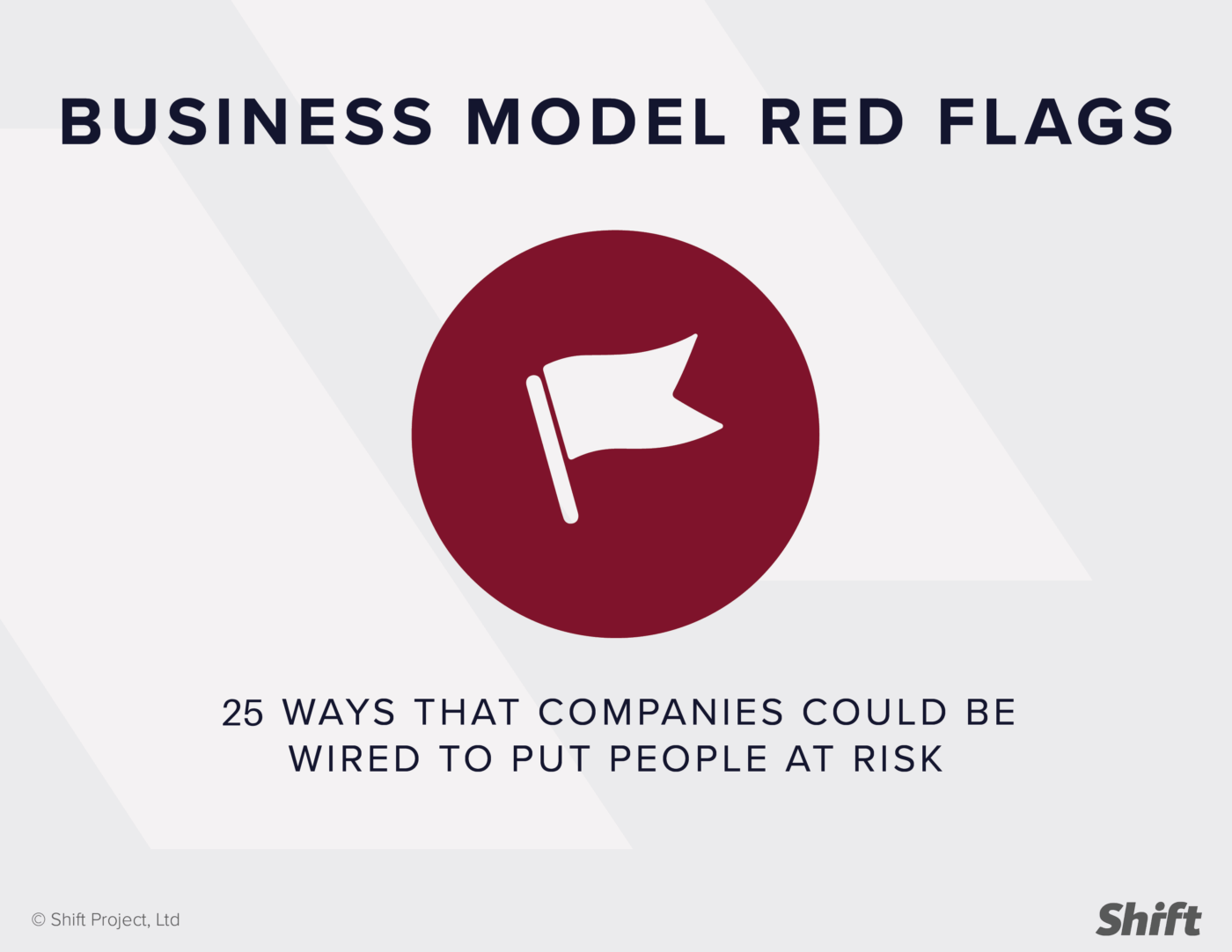Explore, read, question and react to our latest outputs:
Our most recent tools, outputs and resources are listed below. You may use the search bar to look for a specific resource by title, author or subject-matter, or visit each of the individual areas of work to see resources filtered by topic. In addition, each resource is tagged by kind: concept note, research, tool, consultation output or other.
Not finding what you need? Try browsing Shift’s library of resources instead, available here.
Indicator Design Tool
The Indicator Design Tool enables business practitioners to develop targets and indicators that show whether or not their efforts to advance respect for human rights are working, and why.
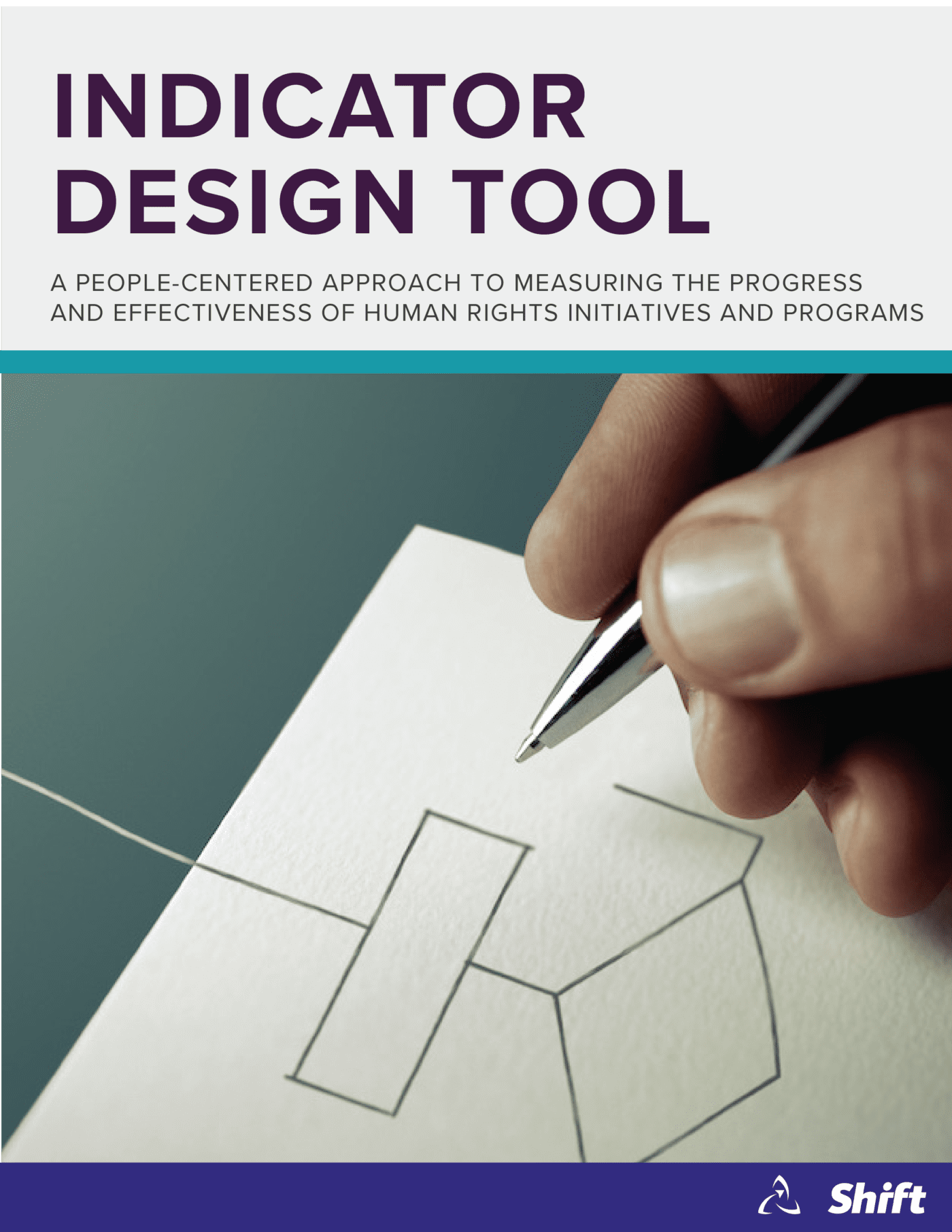
Using Worker Voice Tools to Assess Relationships Between Workers and their Managers
This note focuses on one dimension of how technology-enabled worker voice tools can be used: to gather qualitative data about the nature of relationships between managers and workers or communities at factories, farms, mines and plantations. This is achieved by asking workers and community members relationship-based questions.
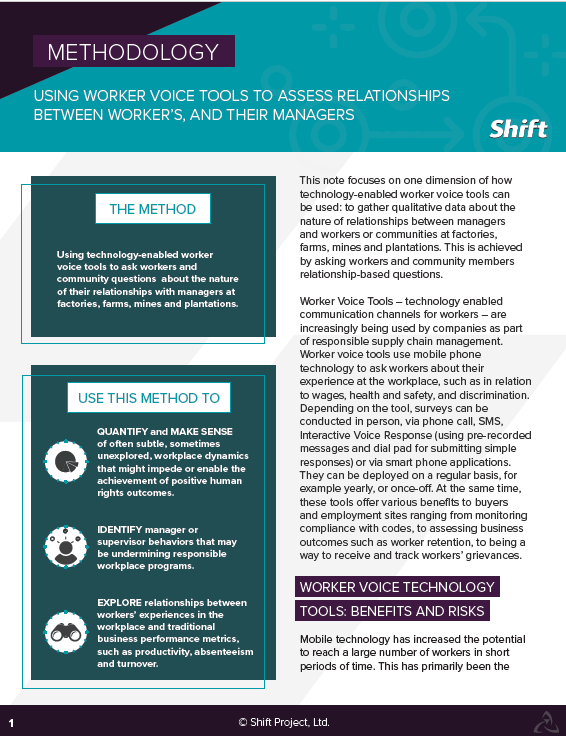
Measuring Quality of Relationships: Using ICMM’s “Understanding Company-Community Relations” Toolkit
While the need for good relationships between companies and their host communities is widely recognized, there is very little clarity on how to assess if a company is achieving this goal. The International Council on Mining and Metals (ICMM), has developed the Understanding Company-Community Relations Toolkit as a structured approach to measuring the quality of relationships between mining companies and their host communities, with the ultimate goal of using the information to improve them.
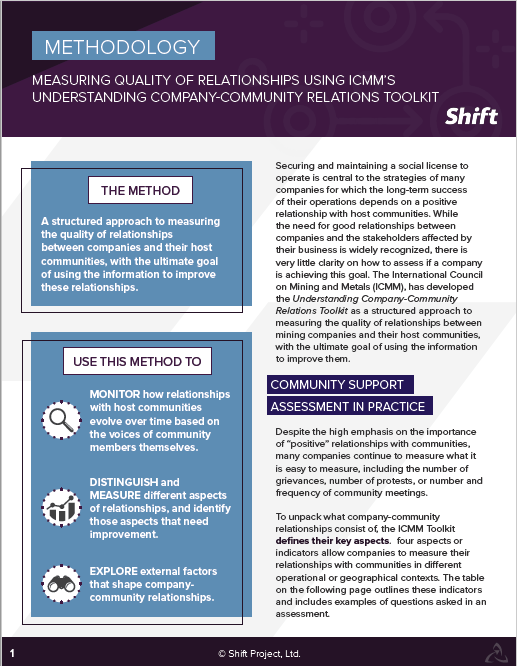
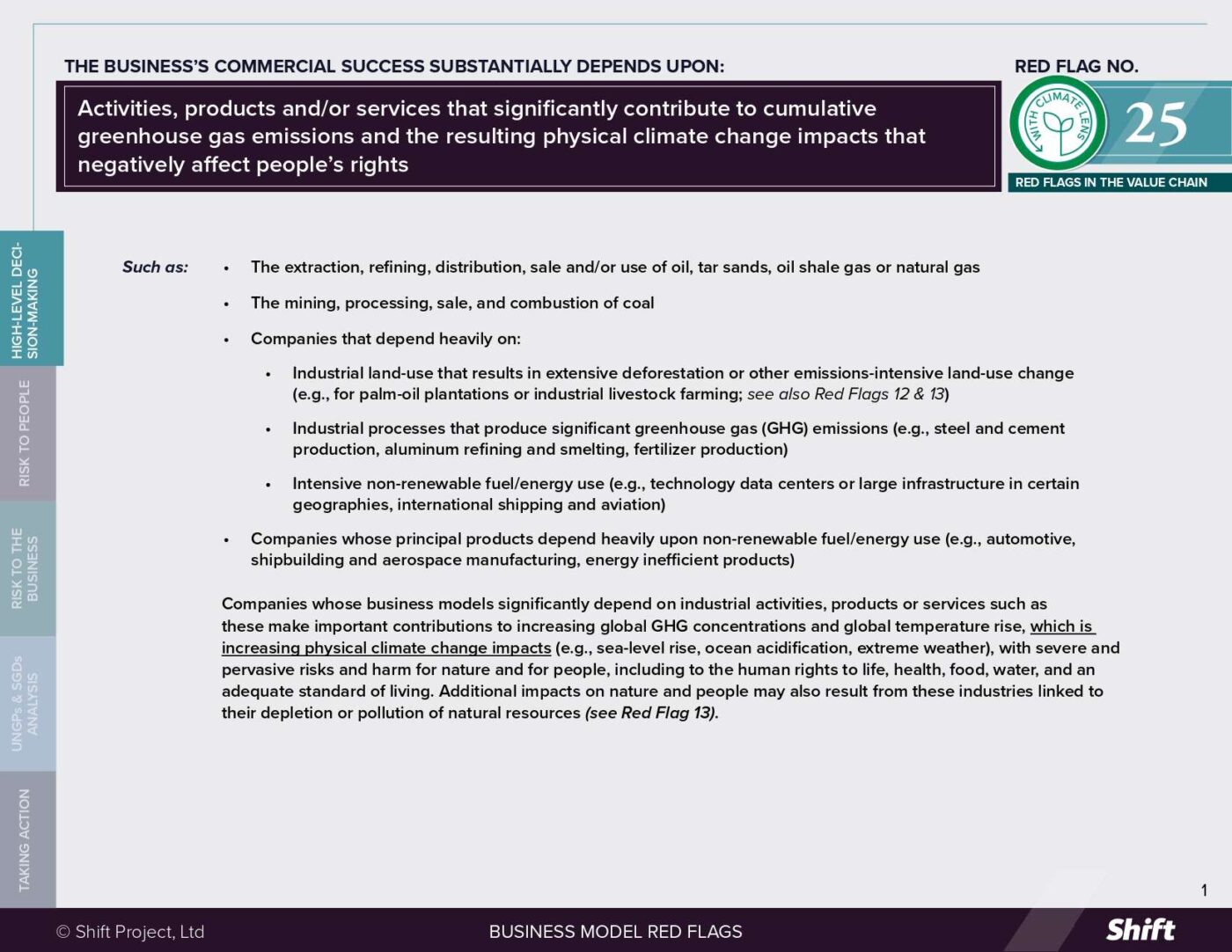
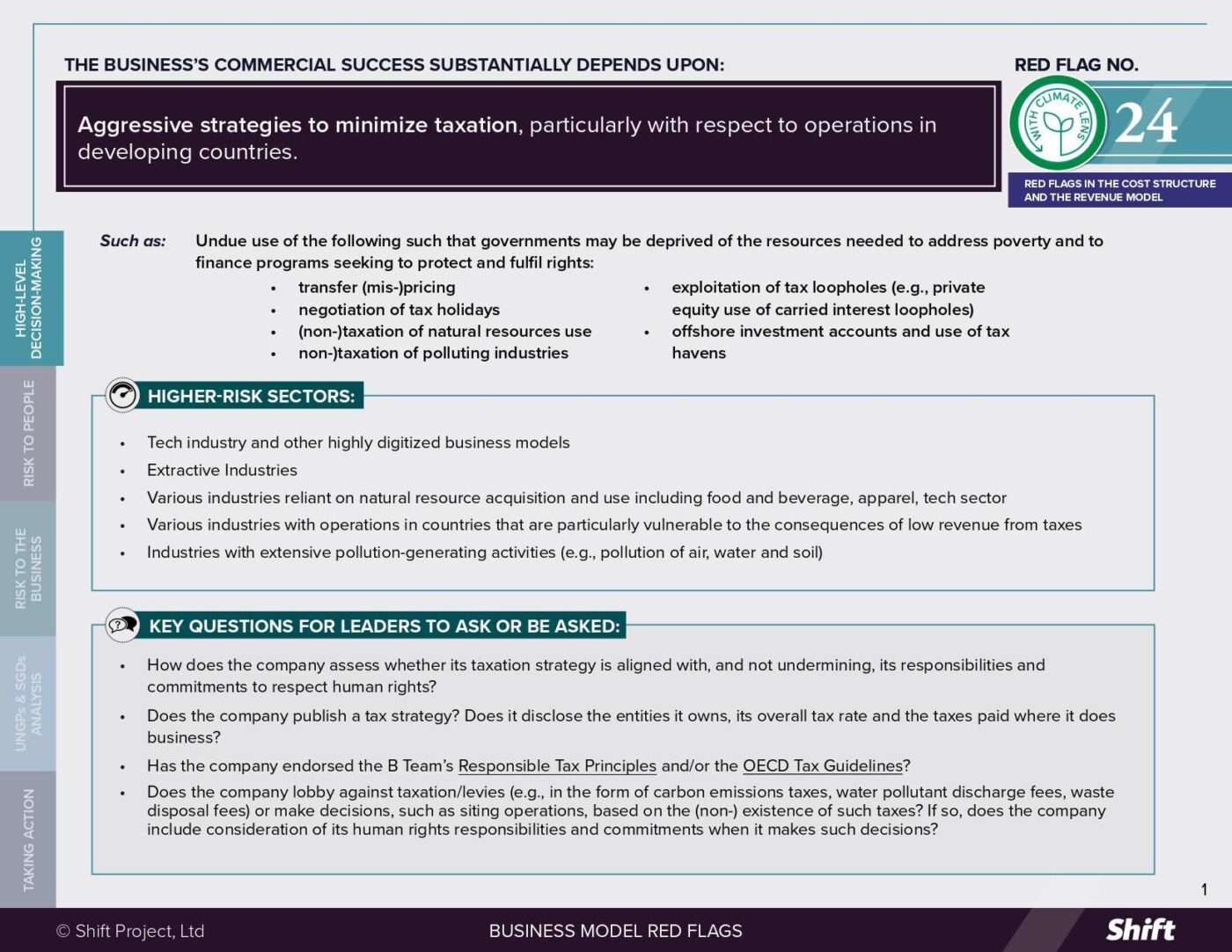
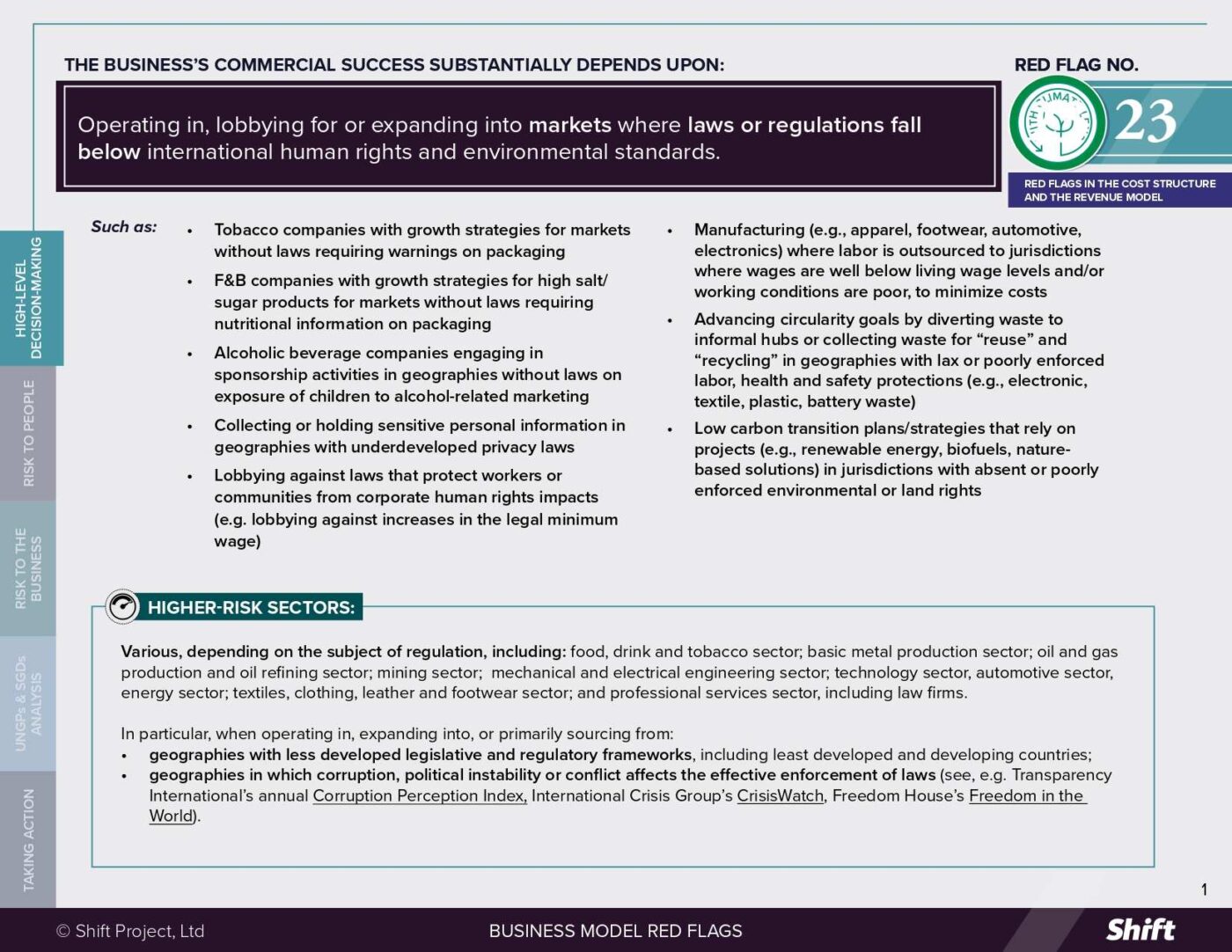
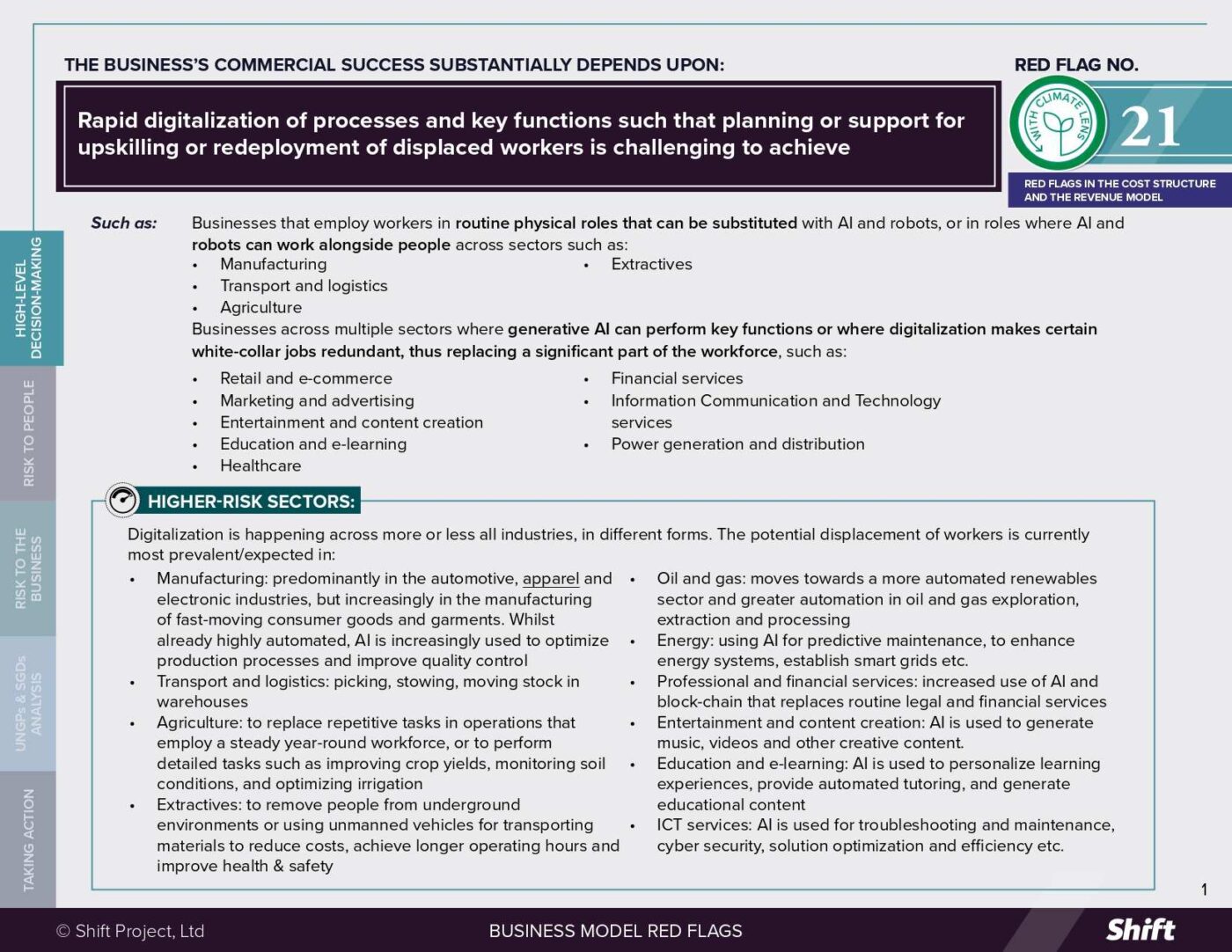
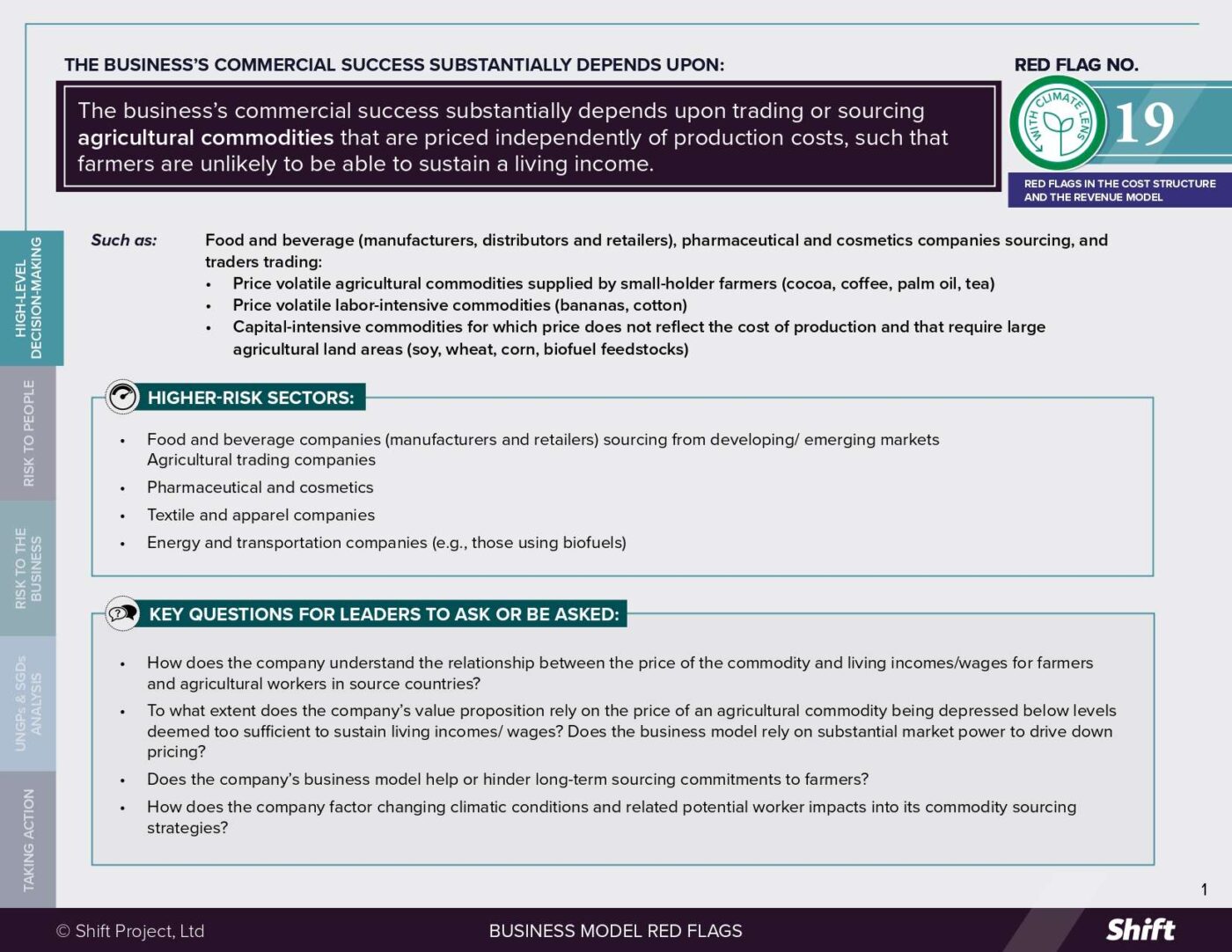
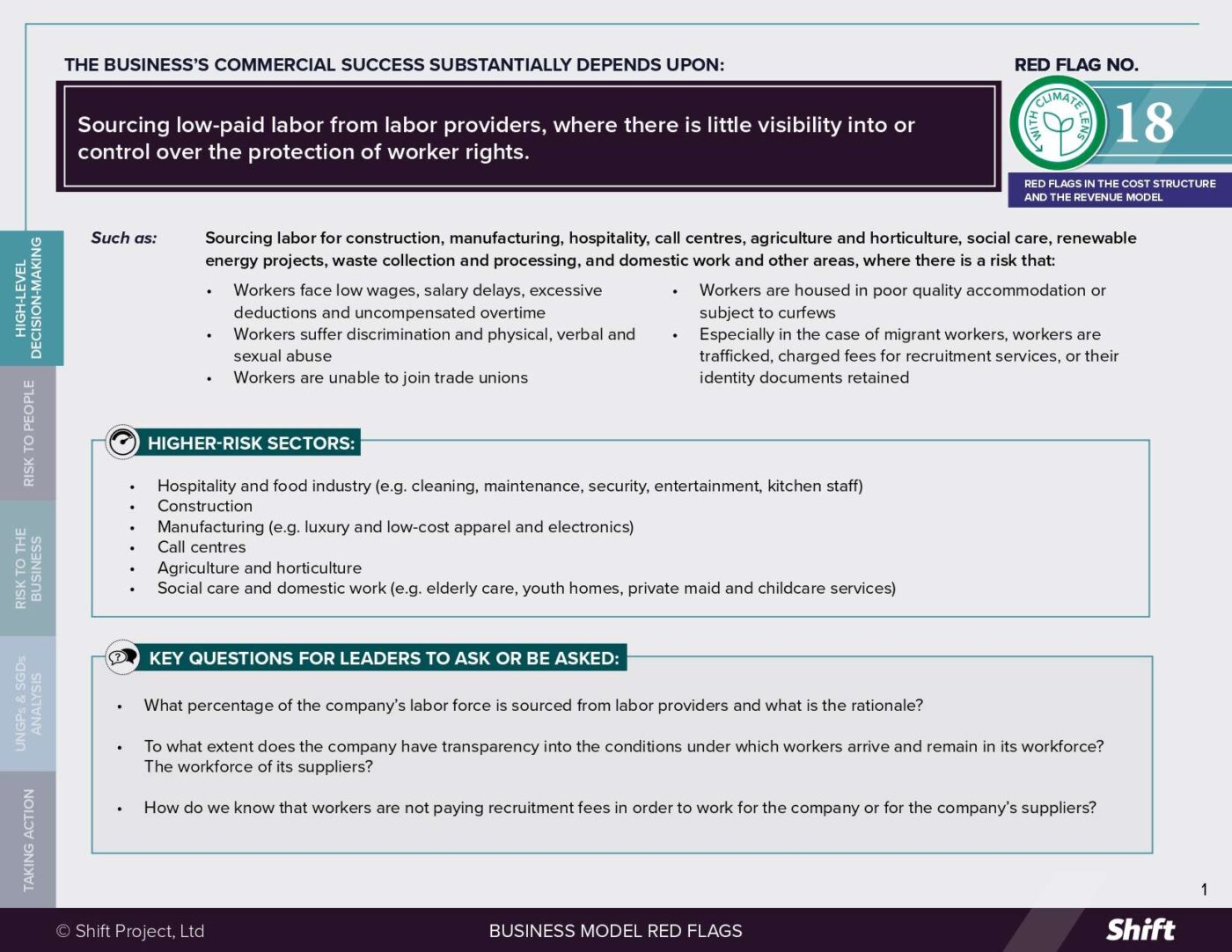
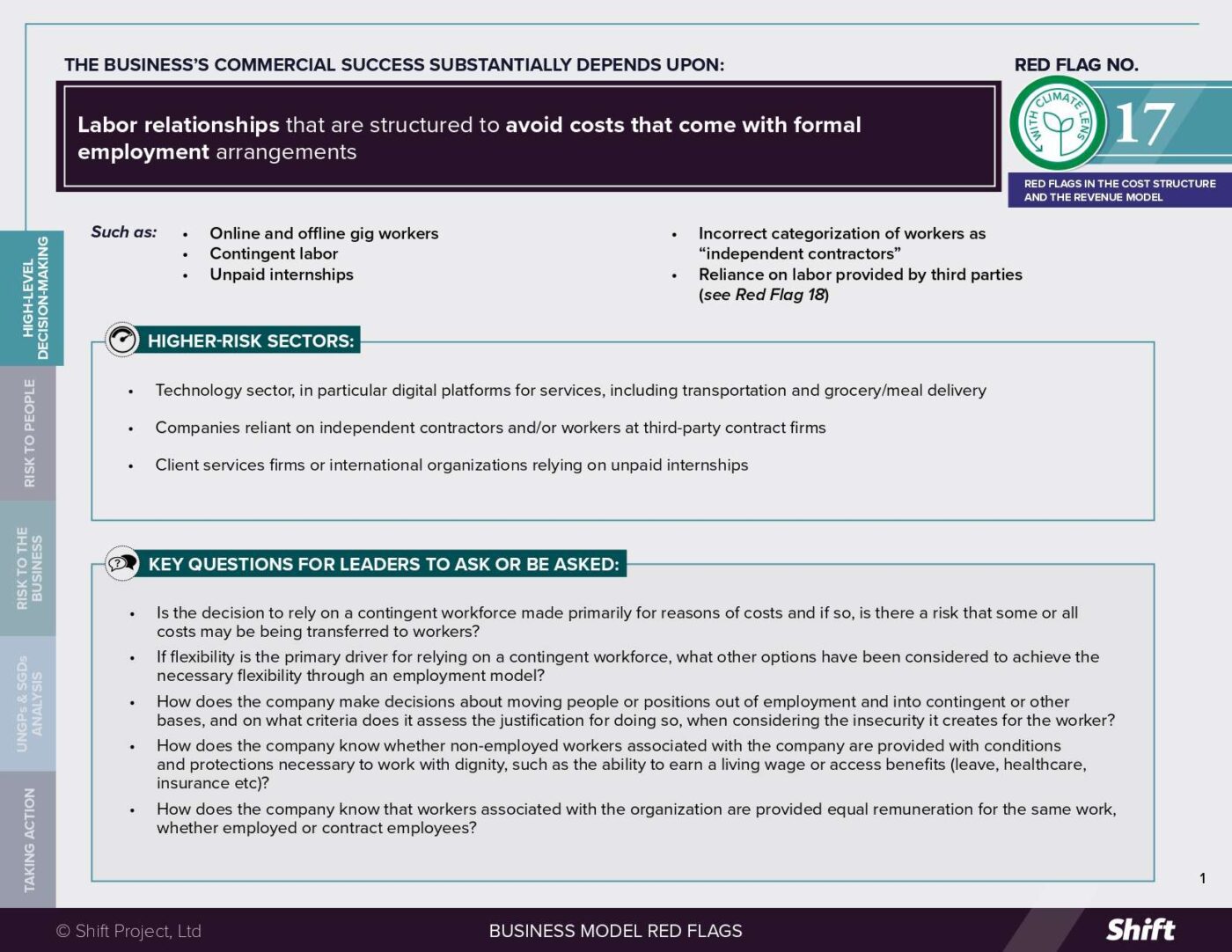
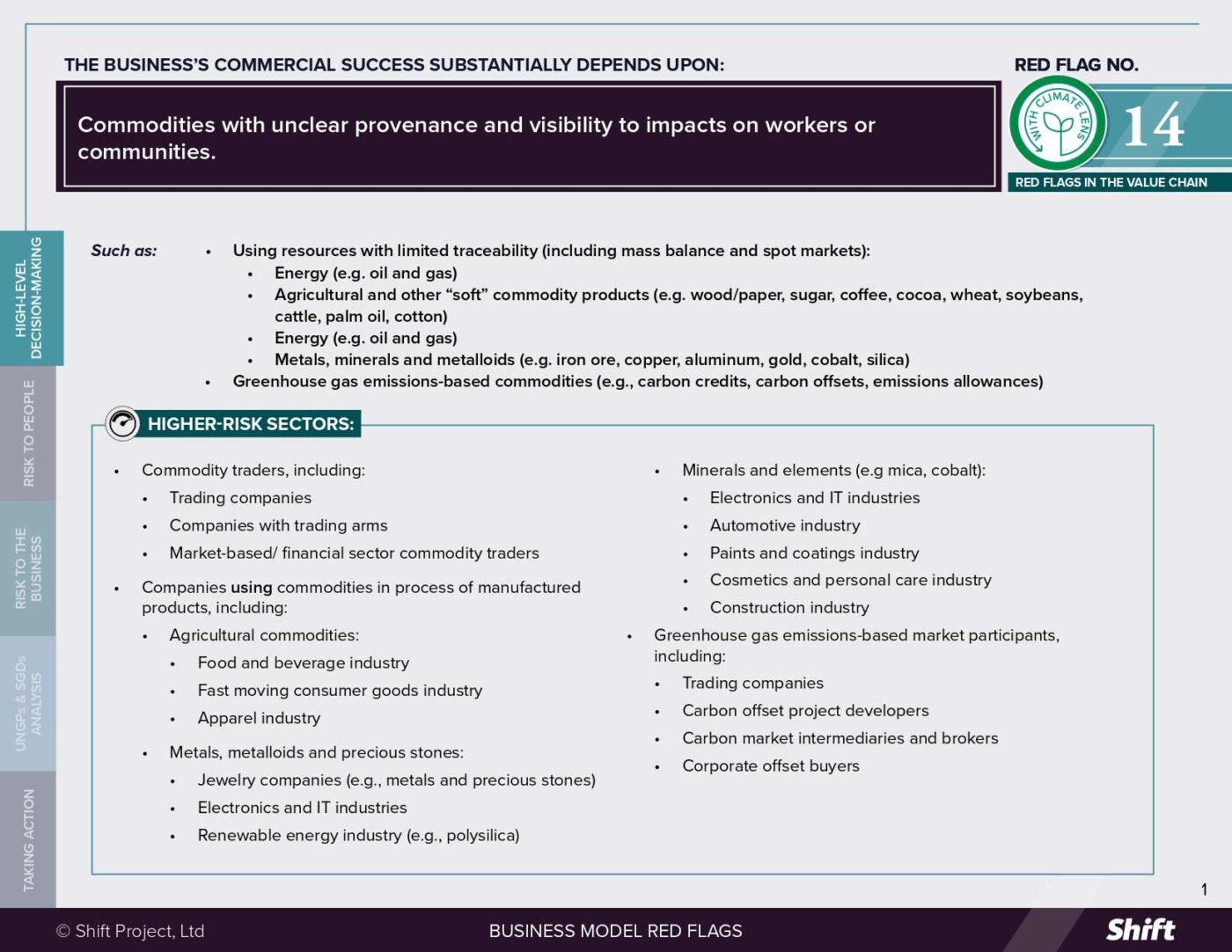
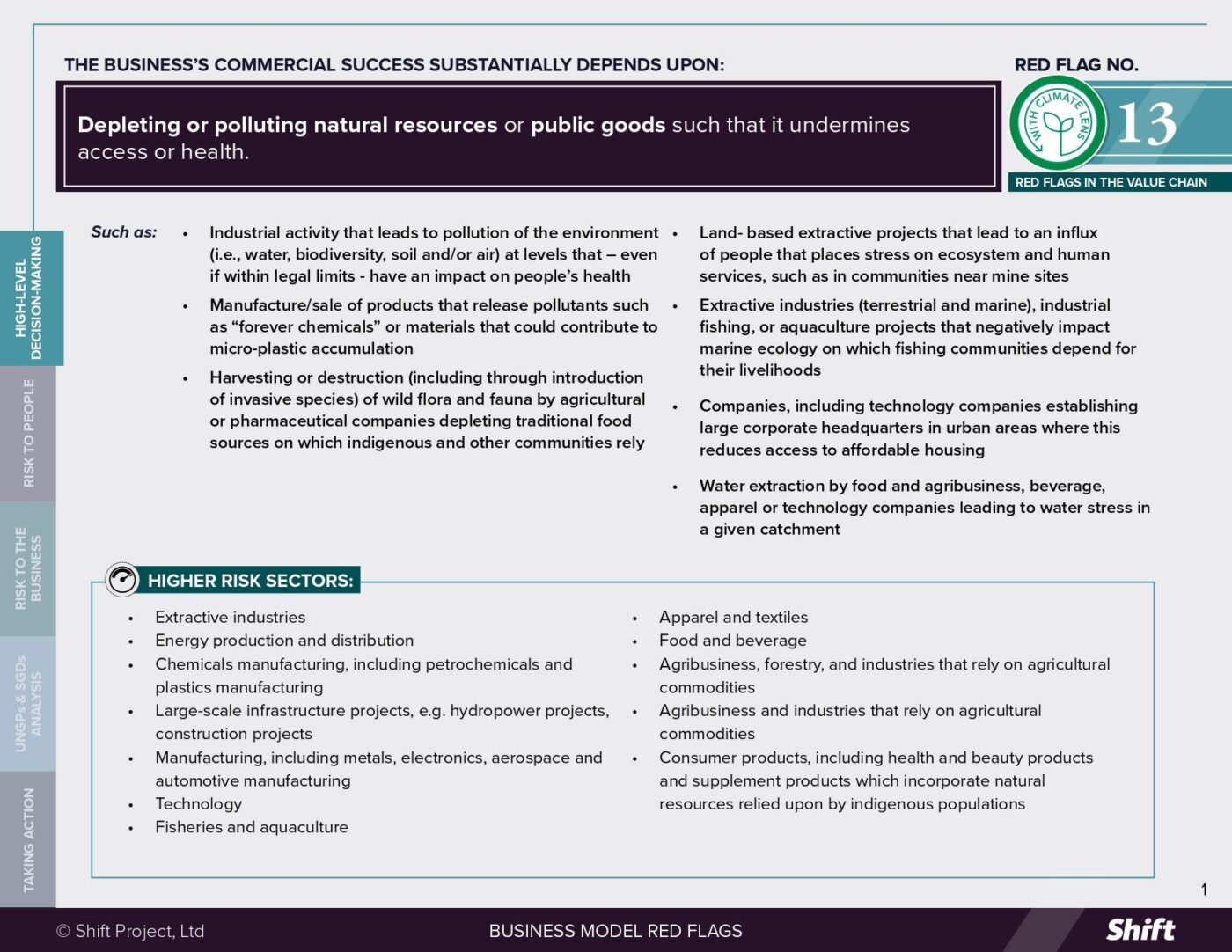
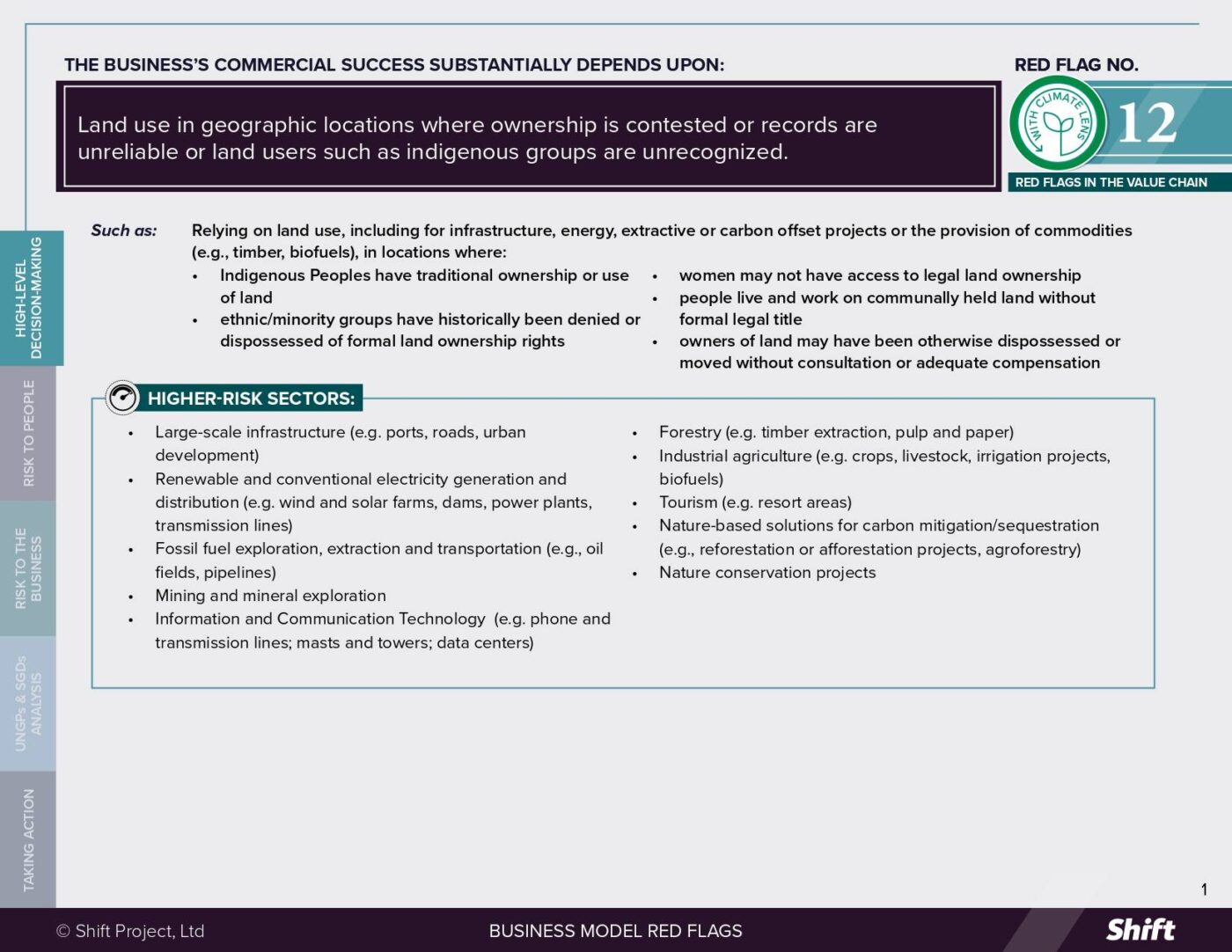
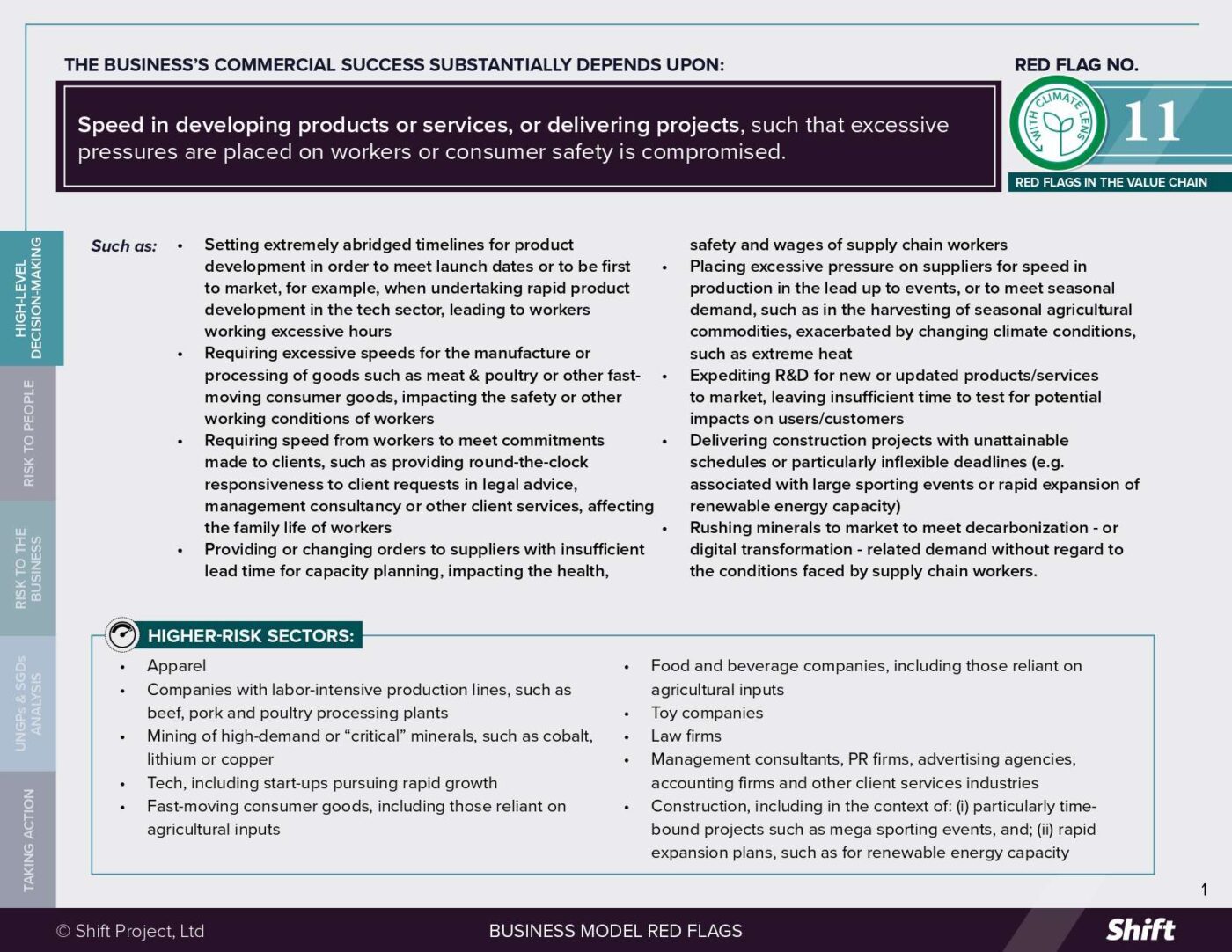
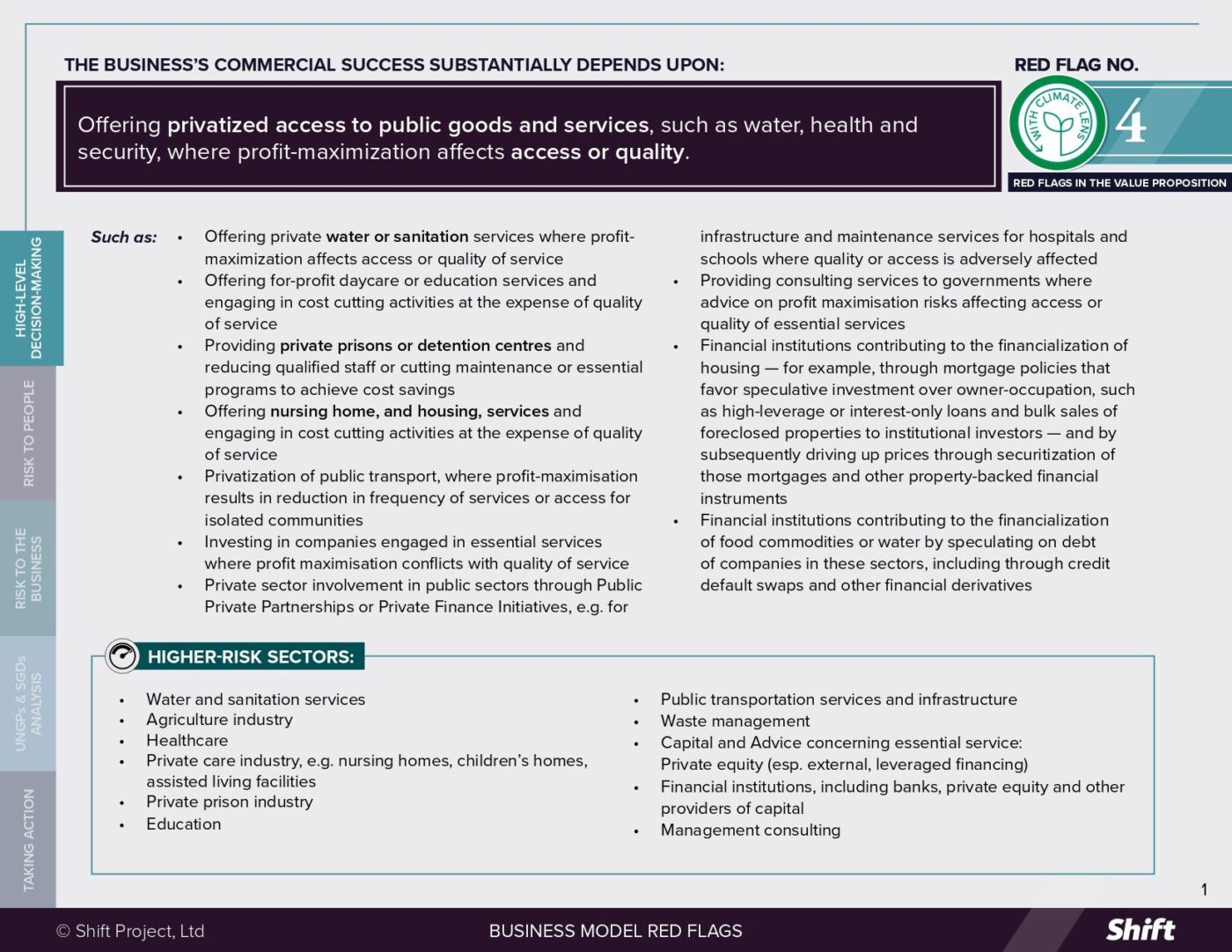
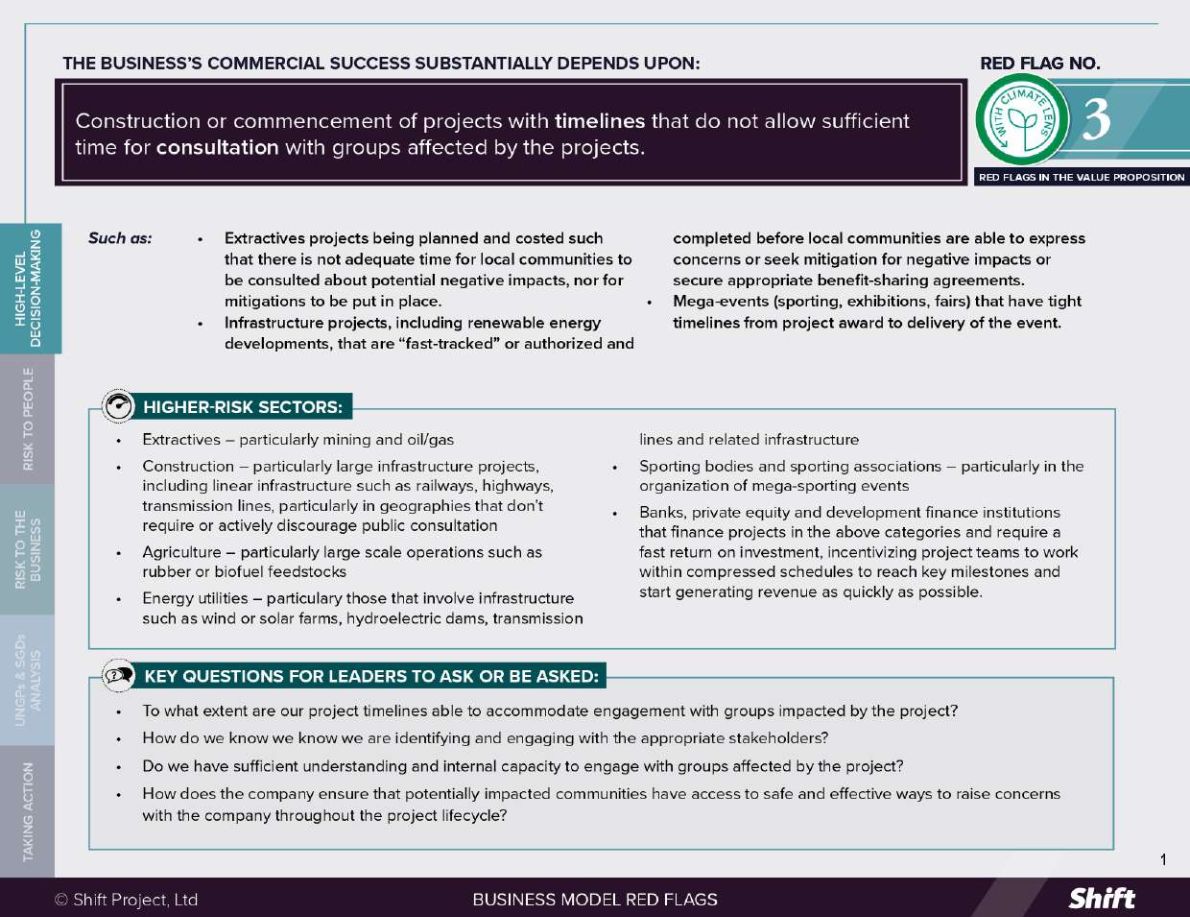
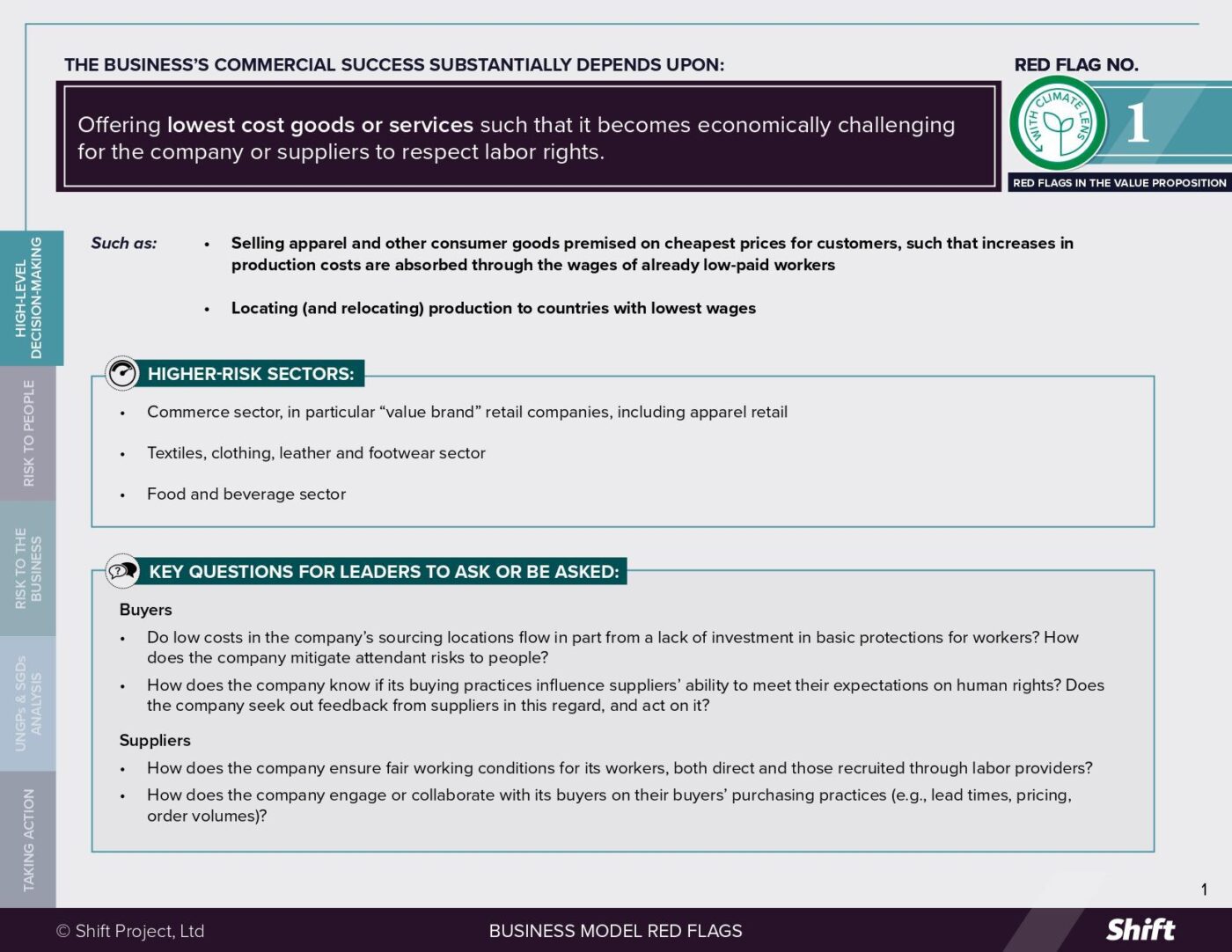
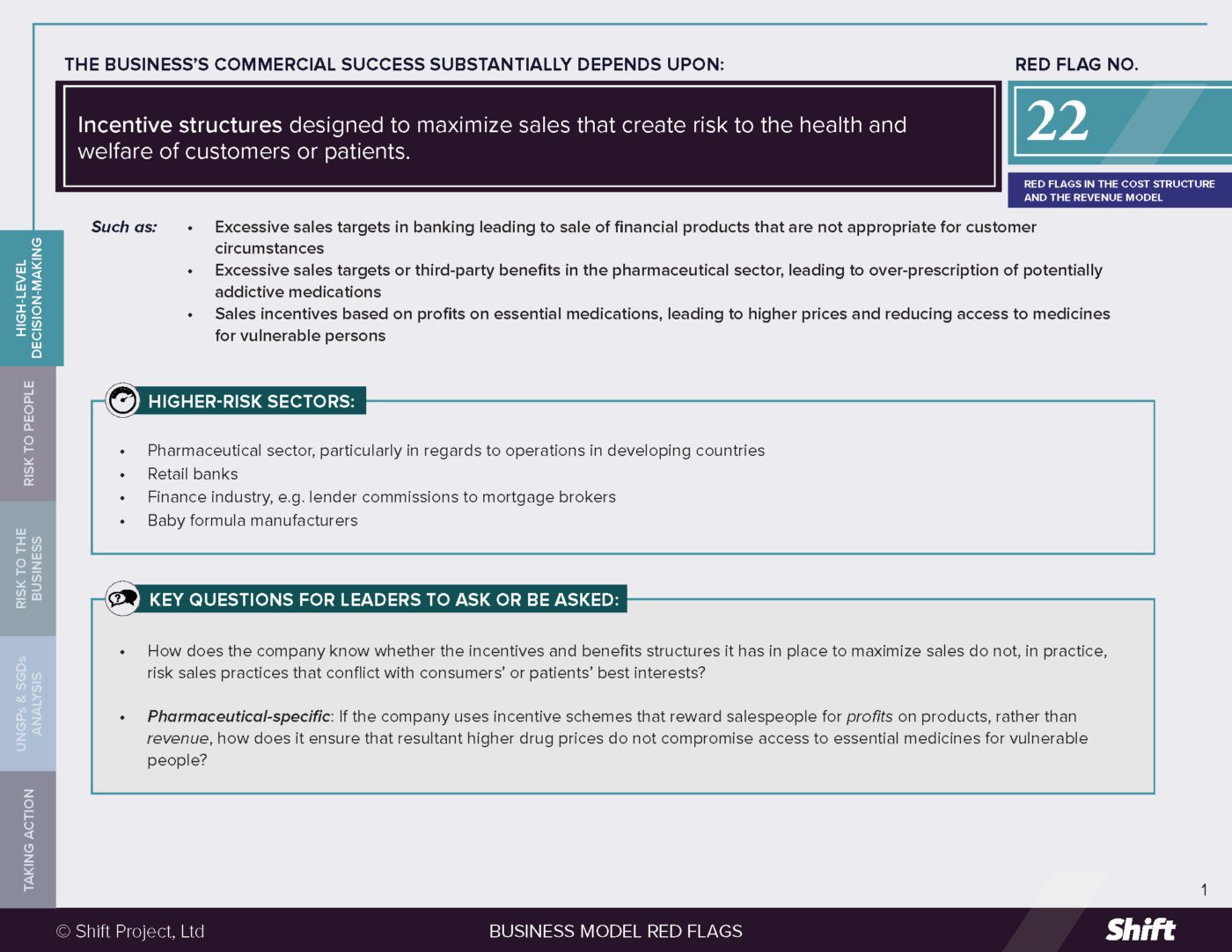
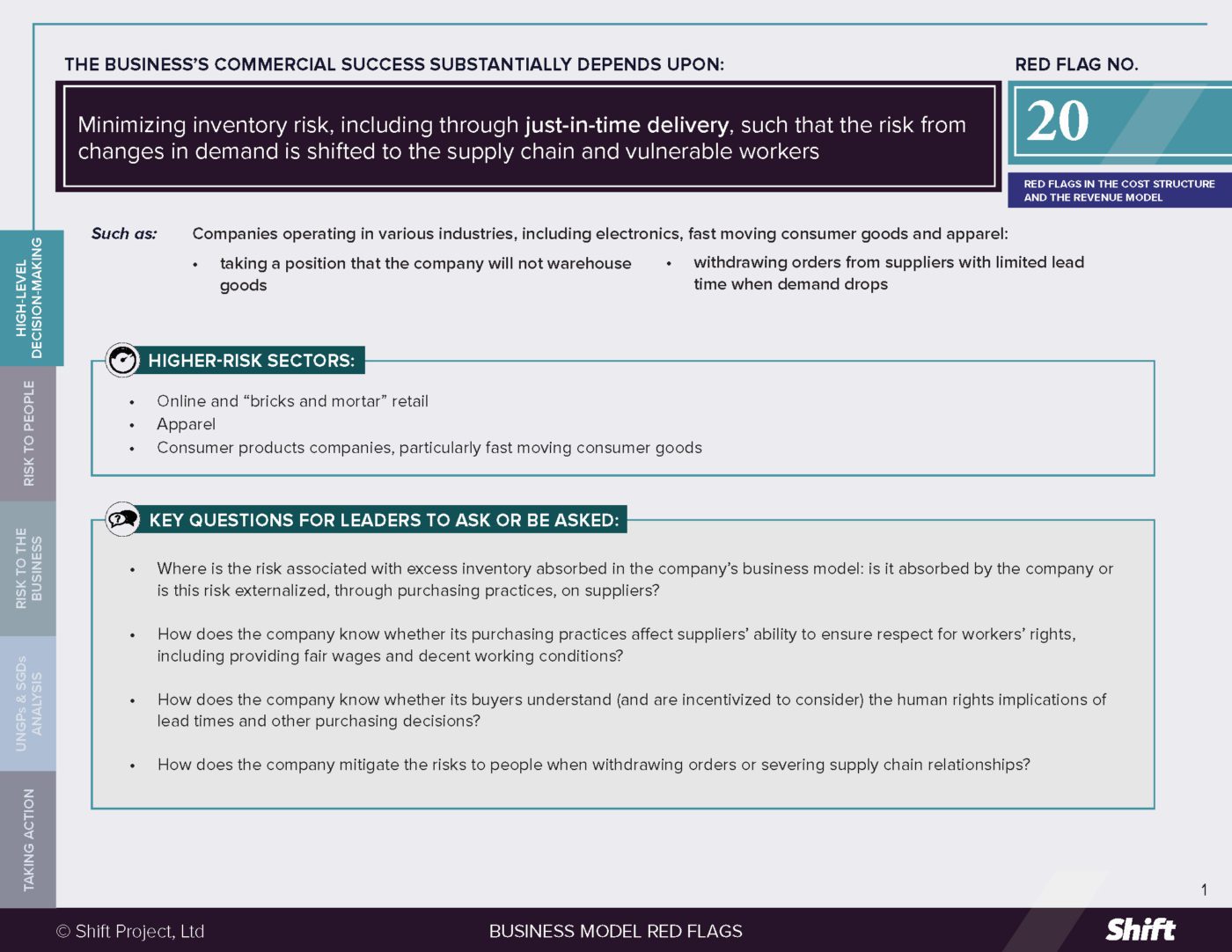
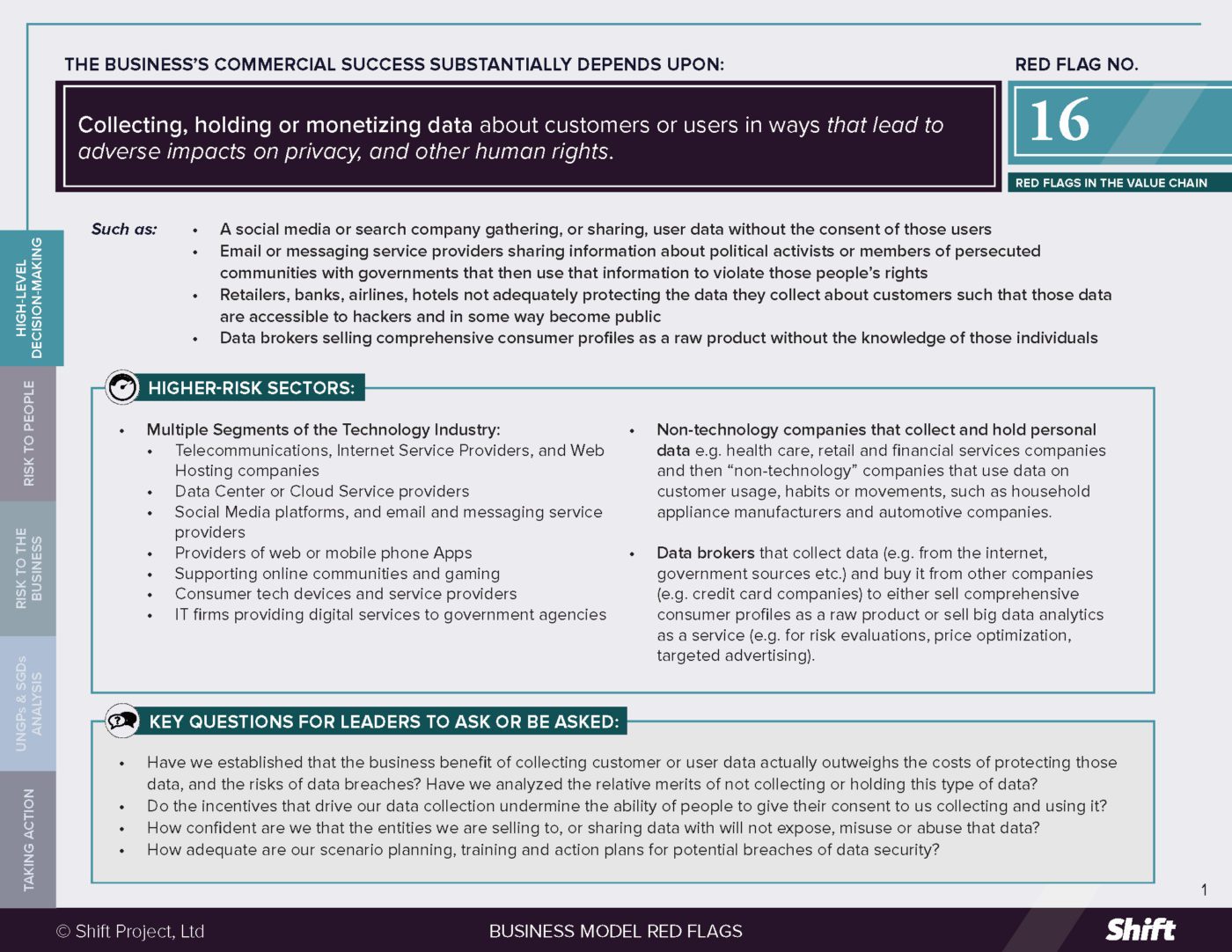
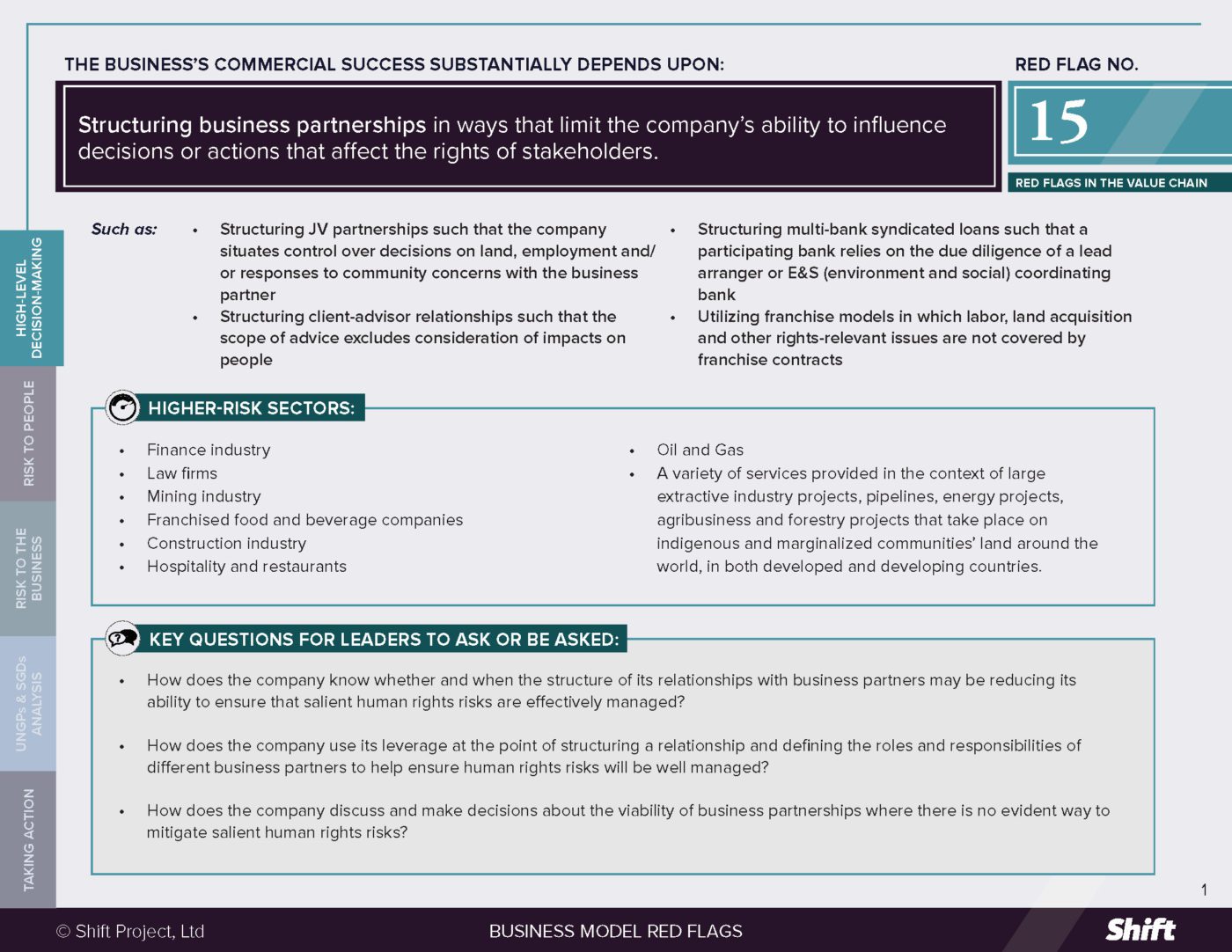
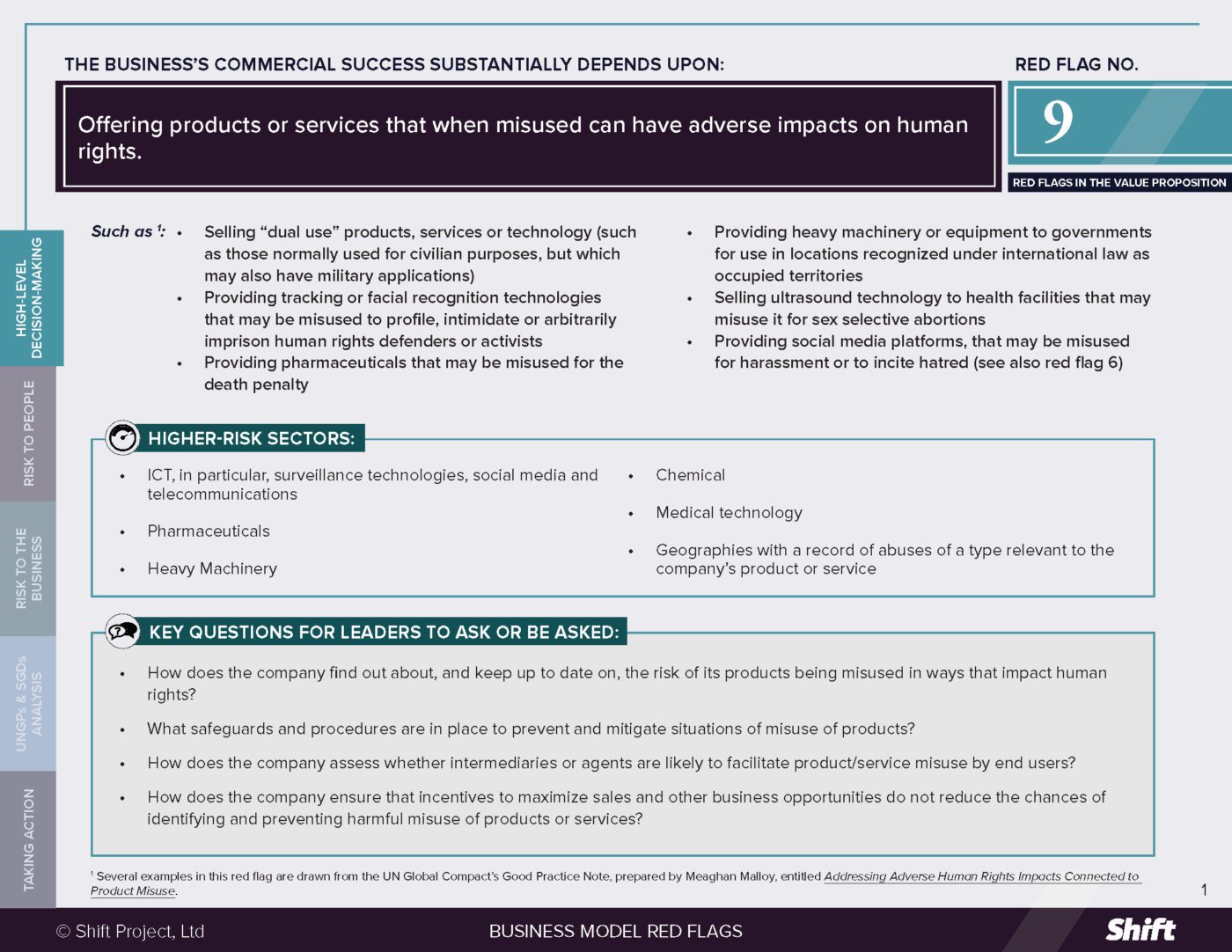
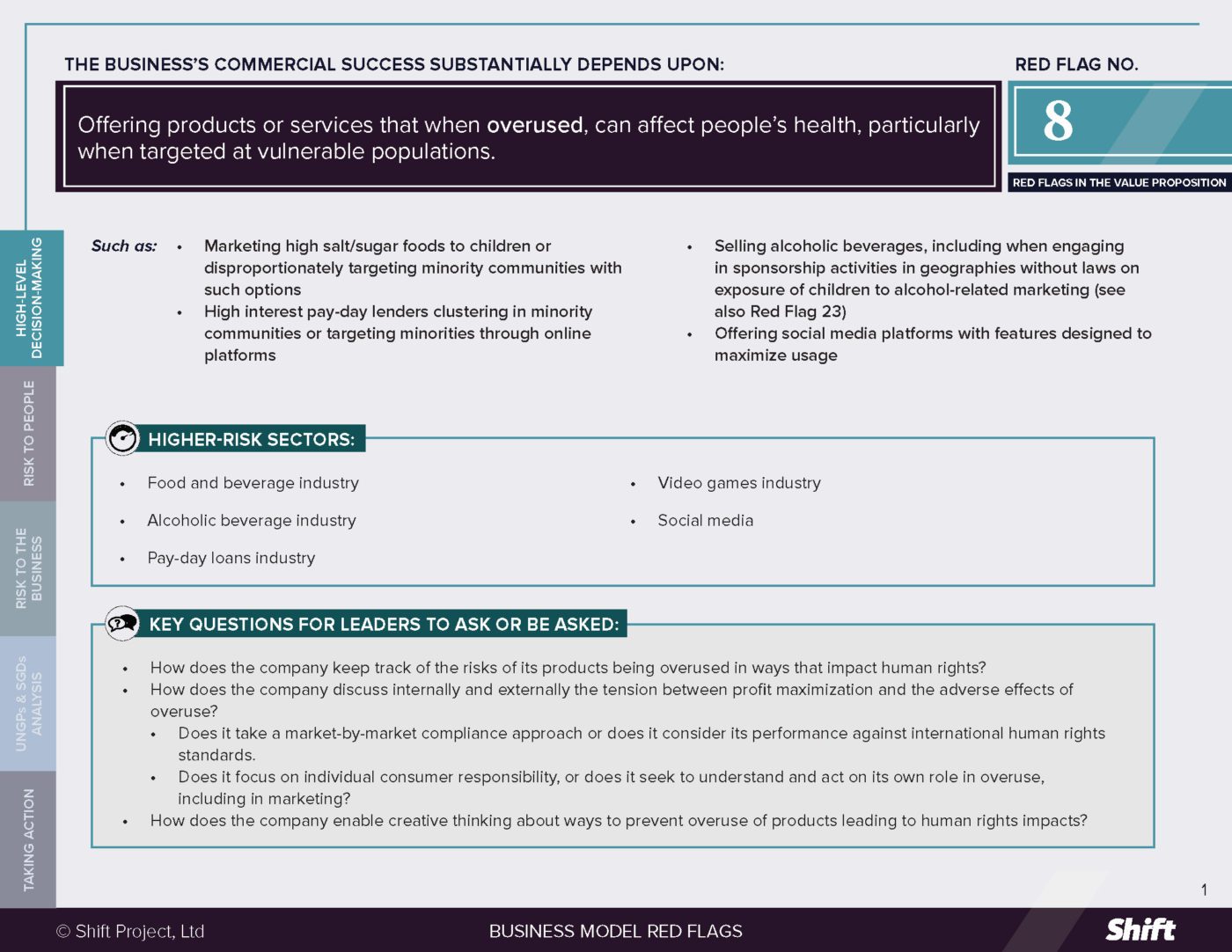
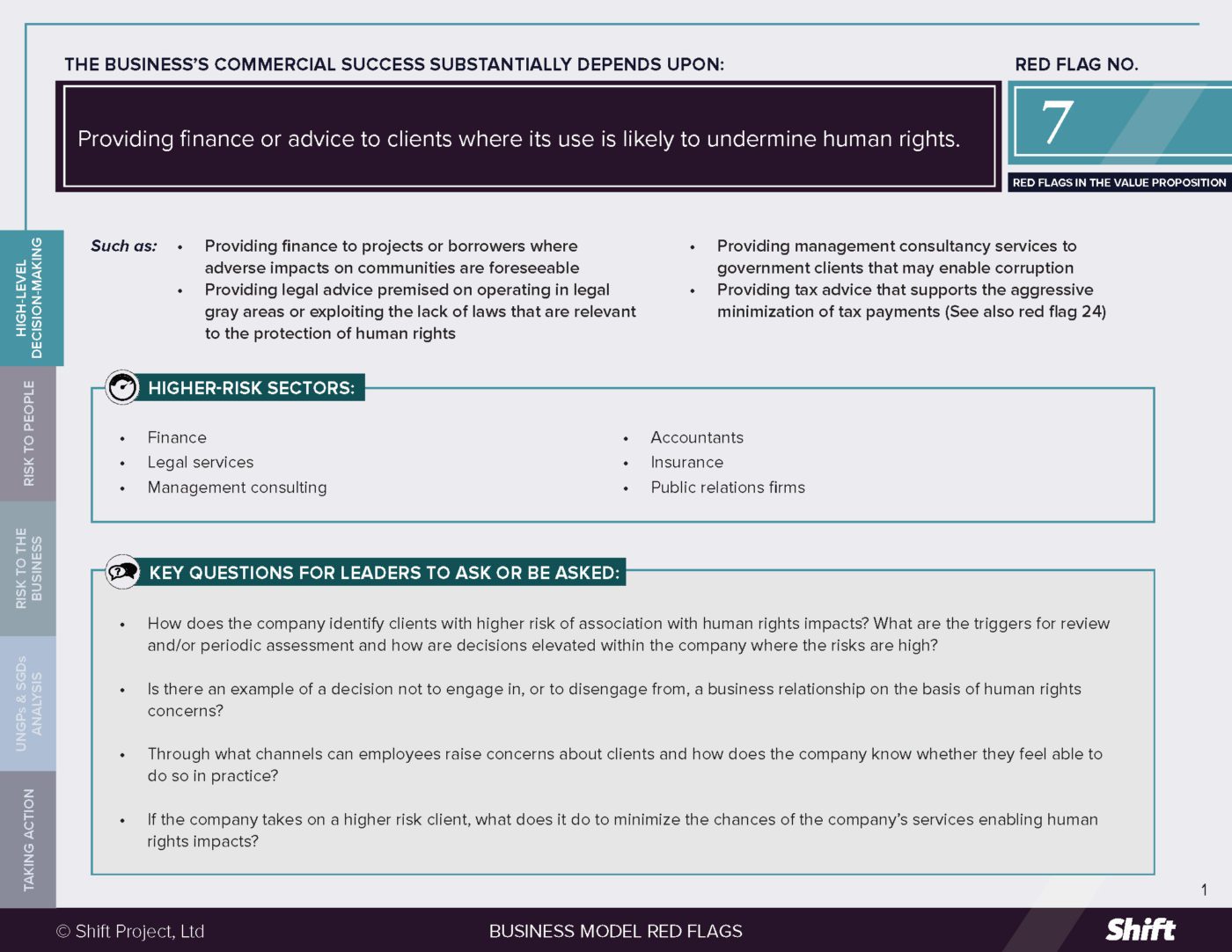
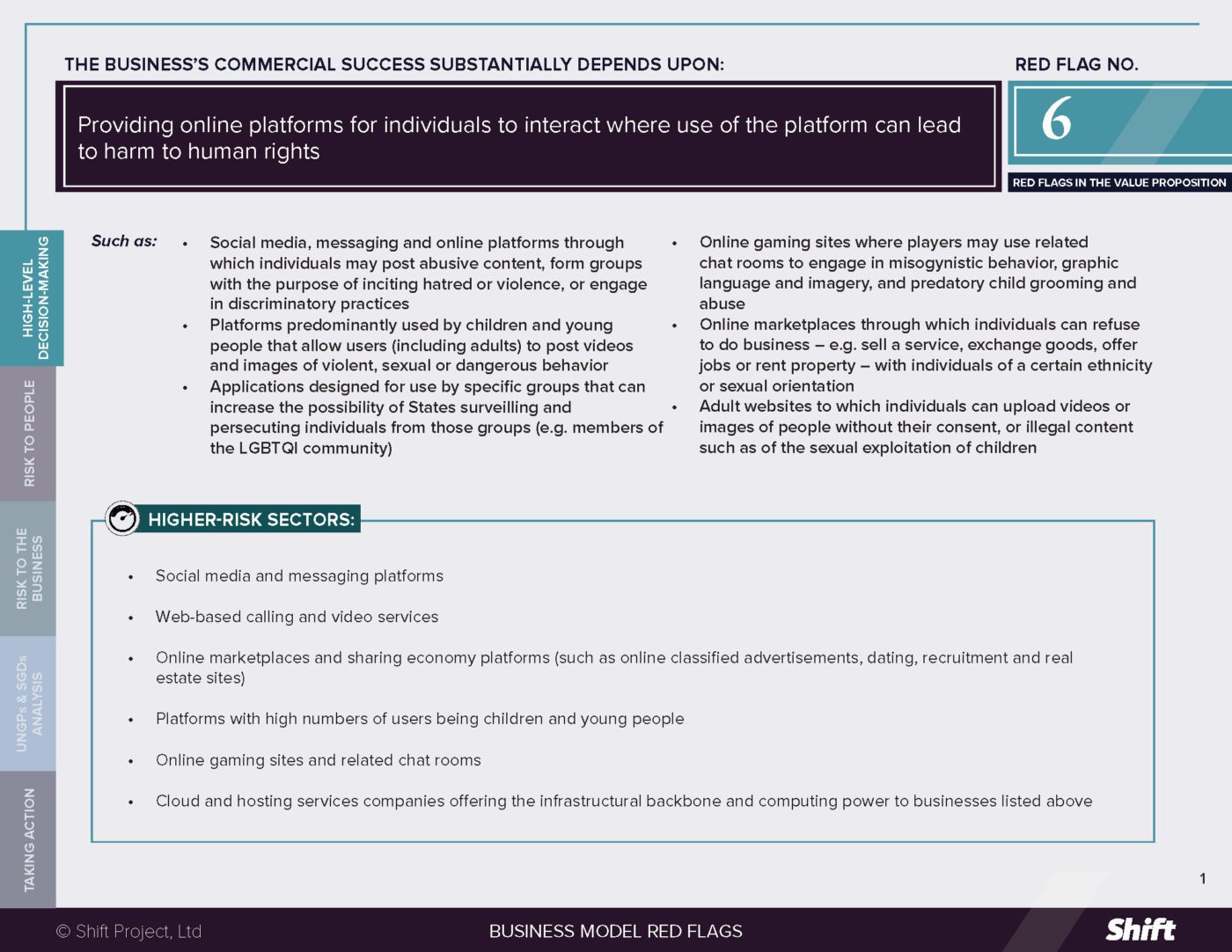
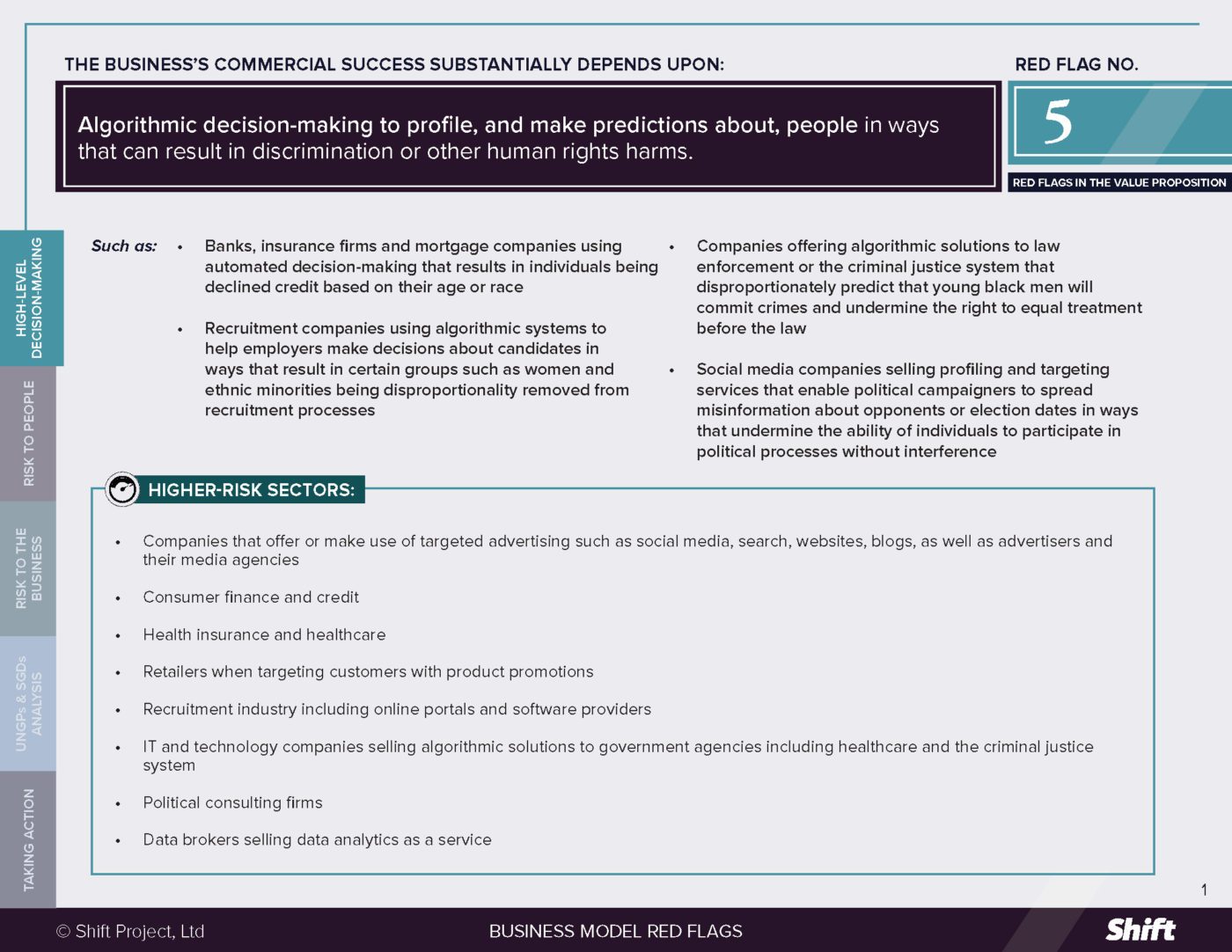
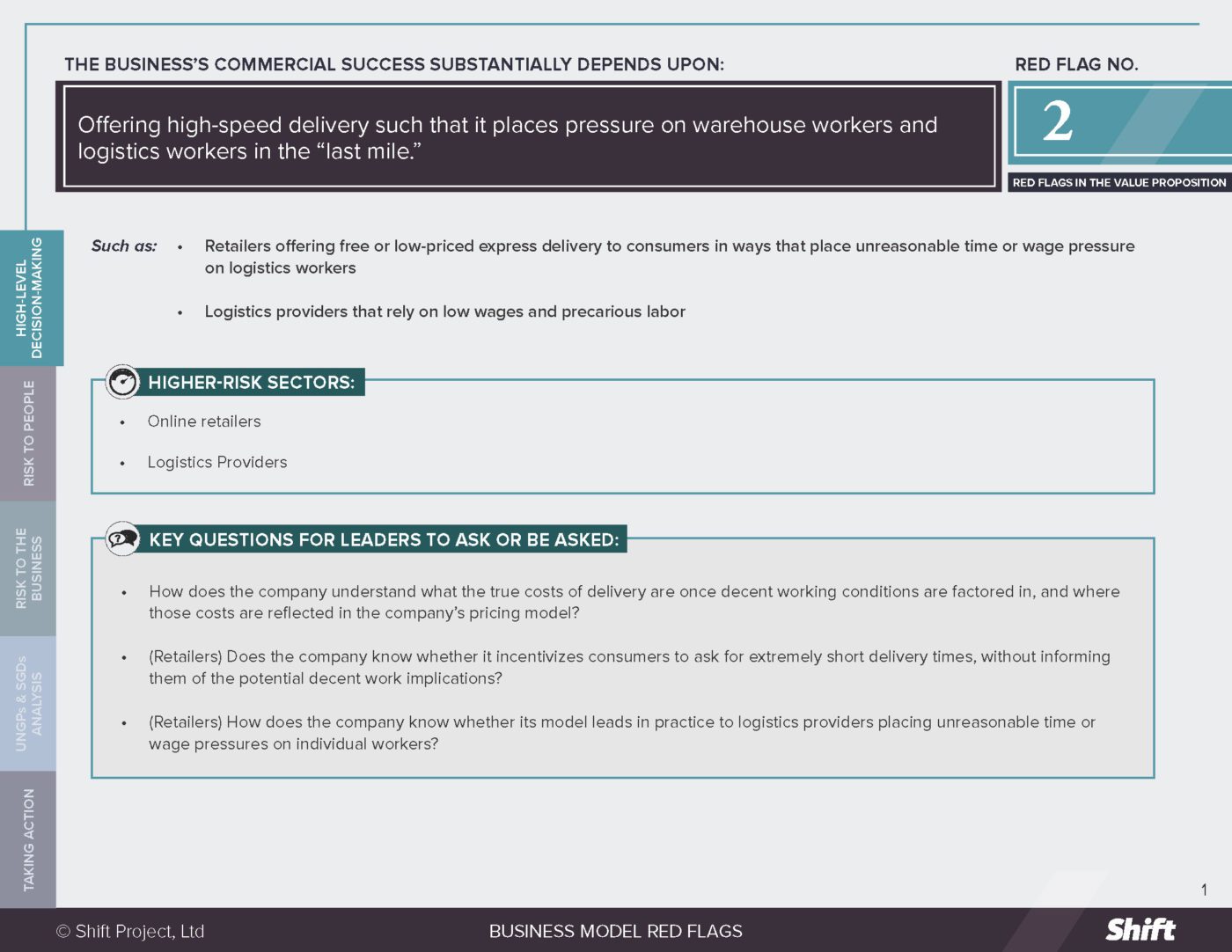
Using Relationship Data to Improve Business Practices: Measuring Company-Community Relationships at a South African Mine
This is a case study about how Gold Fields, a global mining company, has assessed its relationship with communities around the South Deep Gold Mine in the West Rand, South Africa. Three assessments, in which the company gathered extensive community perceptions via surveys and focus groups, were conducted between 2014 and 2019.
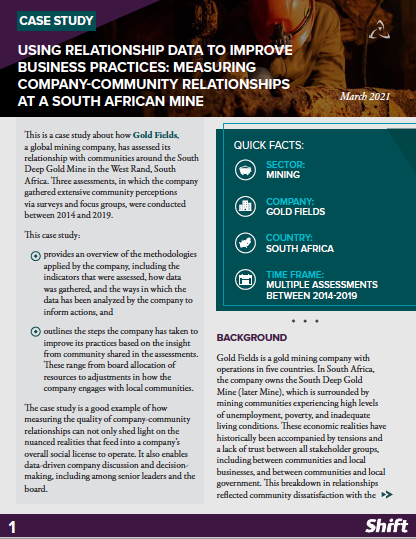
Evaluating Child Labor Programs: Uncovering How Local Norms Impact Field-Level Relationships Between Farmers, Workers and Children
This is a case study of how Philip Morris International (PMI), used participatory evaluation tools to gather information in order to address the “root causes of the most prevalent and persistent issues that keep surfacing” – specifically child labor in their agricultural supply chain.
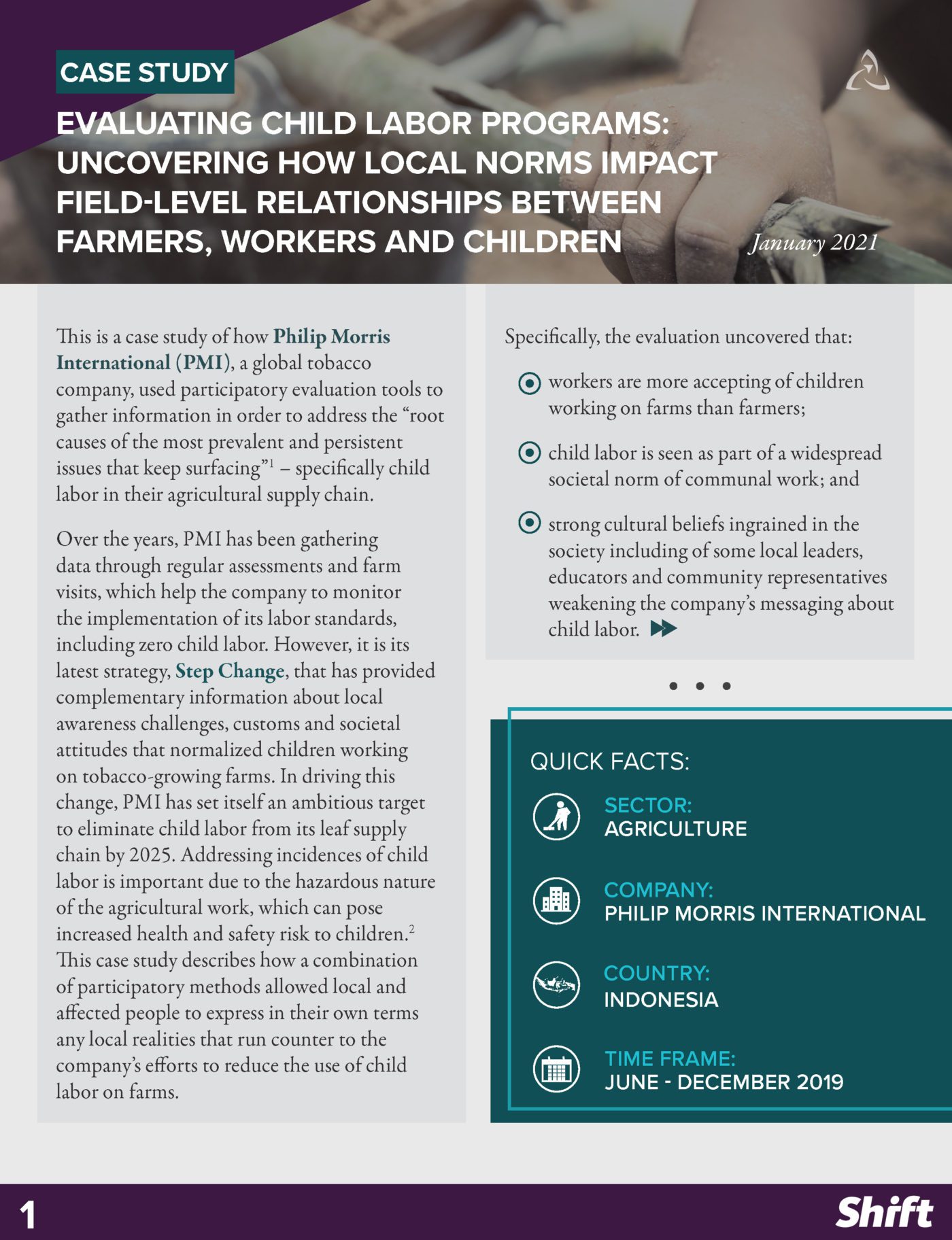
Developing Red Flag Indicators of Human Rights Risks in Business Models
Developing Red Flag Indicators of Human Rights Risks in Business Models
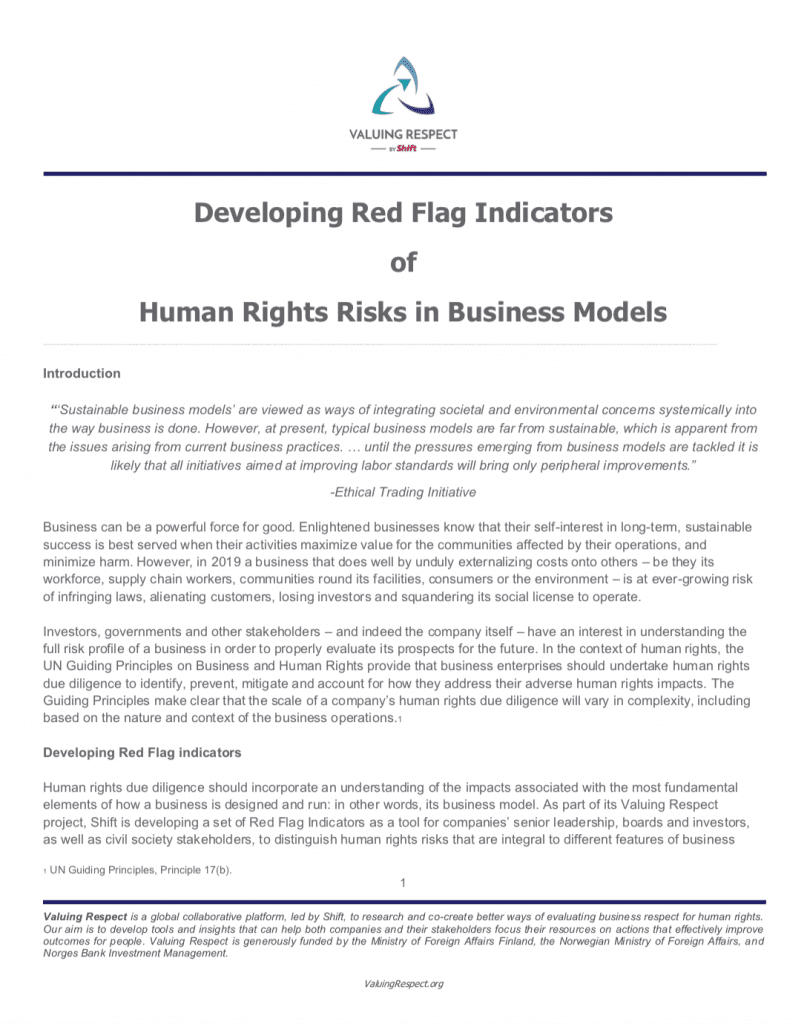
Evaluating Business Respect for Human Rights: A Theory of Change Methodology to Develop Meaningful Indicators
Evaluating Business Respect for Human Rights: A Theory of Change Methodology to Develop Meaningful Indicators
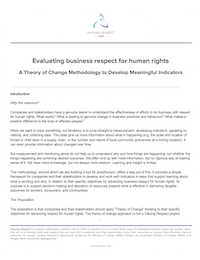
Discussion Paper #1 Evaluating Business Respect for Human Rights: Towards a Shared Way of Thinking
Discussion Paper #1 Evaluating Business Respect for Human Rights: Towards a Shared Way of Thinking
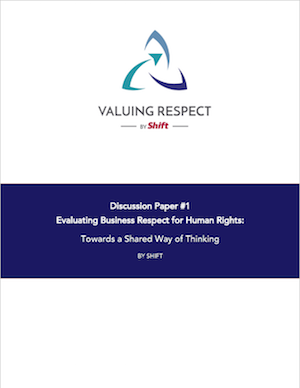
The Way Businesses’ Social Performance Gets Measured Isn’t Working
The way businesses' social performance gets measured isn't working - at Shift, we are starting a major new collaboration to help change that.
VISIT | The Valuing Respect website Companies’ social performance matters! Thirty years ago that might have been viewed as a radical campaign slogan. Today it is a pretty mainstream observation. The reality of how business activities can negatively affect the lives of people across the world has become inescapable. Business conversations at major gatherings such as the World Economic Forum […]


 Business Model Red Flags
Business Model Red Flags  Tool for Indicator Design
Tool for Indicator Design  By Caroline Rees
By Caroline Rees
